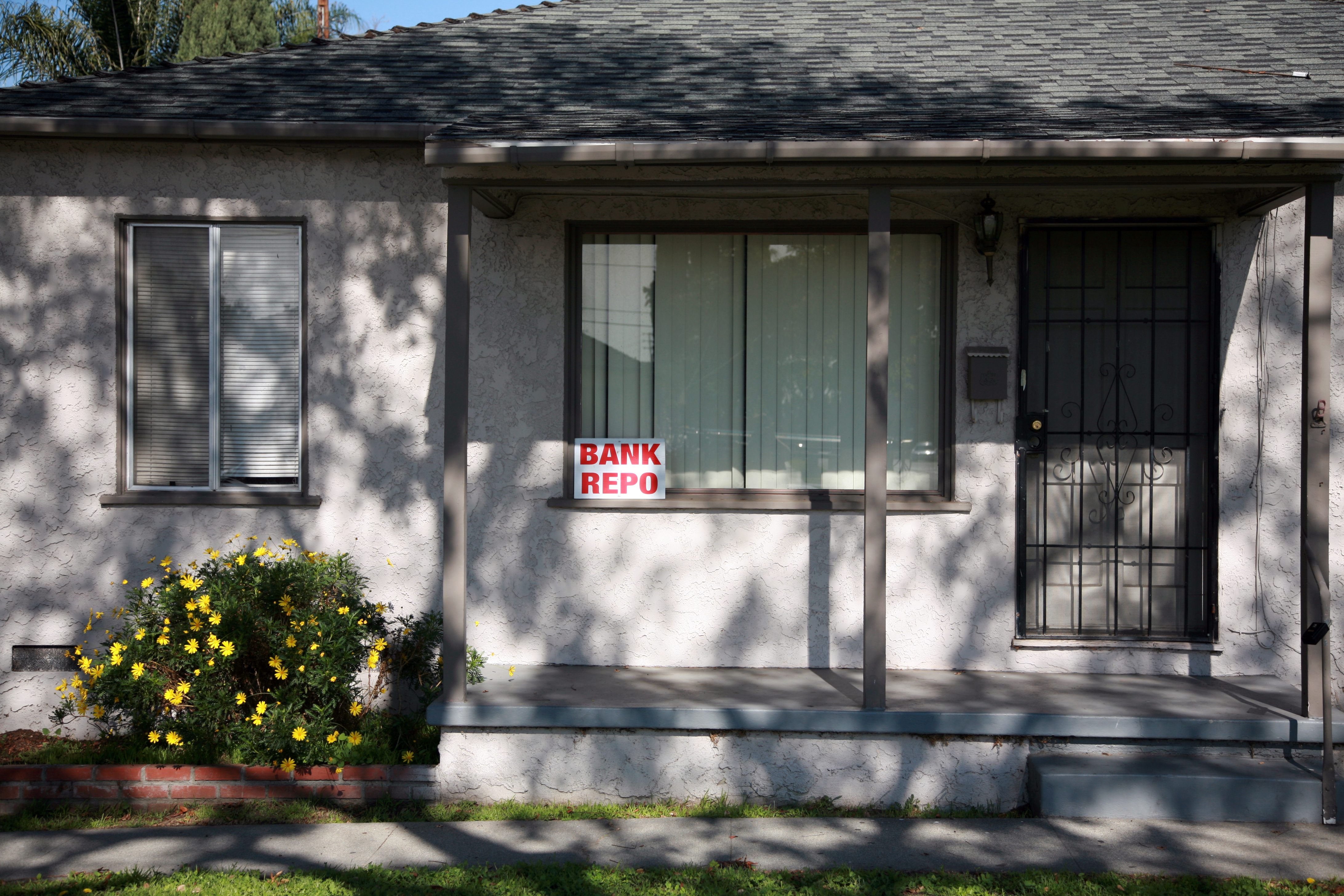Q: I keep seeing the term “quorum” in the materials for my condominium association’s annual meeting. Can you explain what a quorum is? (L.B., via e-mail)
A: “Quorum” refers to the number of “voting interests” that must be present at a members’ meeting, either in person or by proxy, in order for business to be conducted. Although a few associations have “weighted voting” (based on unit square footage), the vast majority of condominium documents allocate one voting interest per unit.
Pursuant to the Florida Condominium Act, unless the bylaws provide for a lower threshold, the quorum for a condominium association members’ meeting is a majority of the total voting interests in the association. Units whose voting rights have been suspended for non-payment of assessments, following the procedures set forth in the law, can be subtracted from the total number of voting interests for quorum calculation purposes. For example, a condominium with 100 units would need 51 voting interests represented for a meeting to be held. If the voting rights of two units have been suspended for non-payment, the quorum would be 50. Again, the association’s bylaws can specify a lower quorum requirement.
If a quorum is not achieved at a members’ meeting, the association cannot conduct any business, except to adjourn the meeting to a different date, time and place, so that a quorum can be obtained. Proxies received for the original meeting are valid for up to 90 days from the original call of the meeting. There is one exception to this rule. If there is to be an election of directors, the election can take place without establishing a quorum, as long as 20% of the eligible voting interests have cast a vote.
The same general rules also apply to homeowners’ associations, except the statutory quorum ceiling is 30% of the voting interests, and there is no provision in the statute allowing an election of directors to be conducted in the absence of a quorum.
Quorum requirements also apply to meetings of the board of directors. The number of the board members that must be present in person, by telephone, or by video-conference, in order to establish a quorum will depend on the language contained in the association’s bylaws and is usually a majority of the entire board. Unlike membership meetings, board members cannot give a proxy to another to be counted as attending a board meeting.
Q: I recently received the materials for my condominium association’s upcoming annual meeting. Included in the materials was a proxy, which was being used for votes on a number of issues by the owners, including waiver of reserves and amendments to our documents. I have called the management company and asked that I be given a secret absentee ballot. While I want to vote, I do not want to give proxy rights to anyone or have everyone know how I voted. They have refused to give me one. Wouldn’t their refusal to give me an absentee ballot invalidate the votes? (D.A. via e-mail)
A: No. With the exception of election of directors, where voting must be by secret ballots returned to the association in sealed envelopes, all other association voting matters must be voted on by members either in person or by proxy.
The Florida Condominium Act provides that when members vote by proxy, it must be by a “limited proxy” which must substantially comply with the form adopted by the Division of Condominiums, Timeshares and Mobile Homes. The limited proxy is in effect an “absentee ballot,” except that it is signed. The person to whom you give your limited proxy can’t decide that your vote should be cast differently than you directed. General proxies may only be used to establish a quorum and for certain procedural and non-substantive issues. All substantive votes, such as a vote for waiver of reserves, or a vote on amendments, must be cast either in person at the meeting or through a limited proxy. To be valid, a proxy must (among other things) be signed.
Therefore, it would not be appropriate for a condominium association to allow owners who do not attend the meeting to cast their votes by “absentee ballots,” secret or otherwise.
Joe Adams is an attorney with Becker & Poliakoff, P.A., Fort Myers. Send questions to Joe Adams by e-mail to jadams@bplegal.com. Past editions may be viewed at floridacondohoalawblog.com
Annual MeetingCondoMeetingVoting

